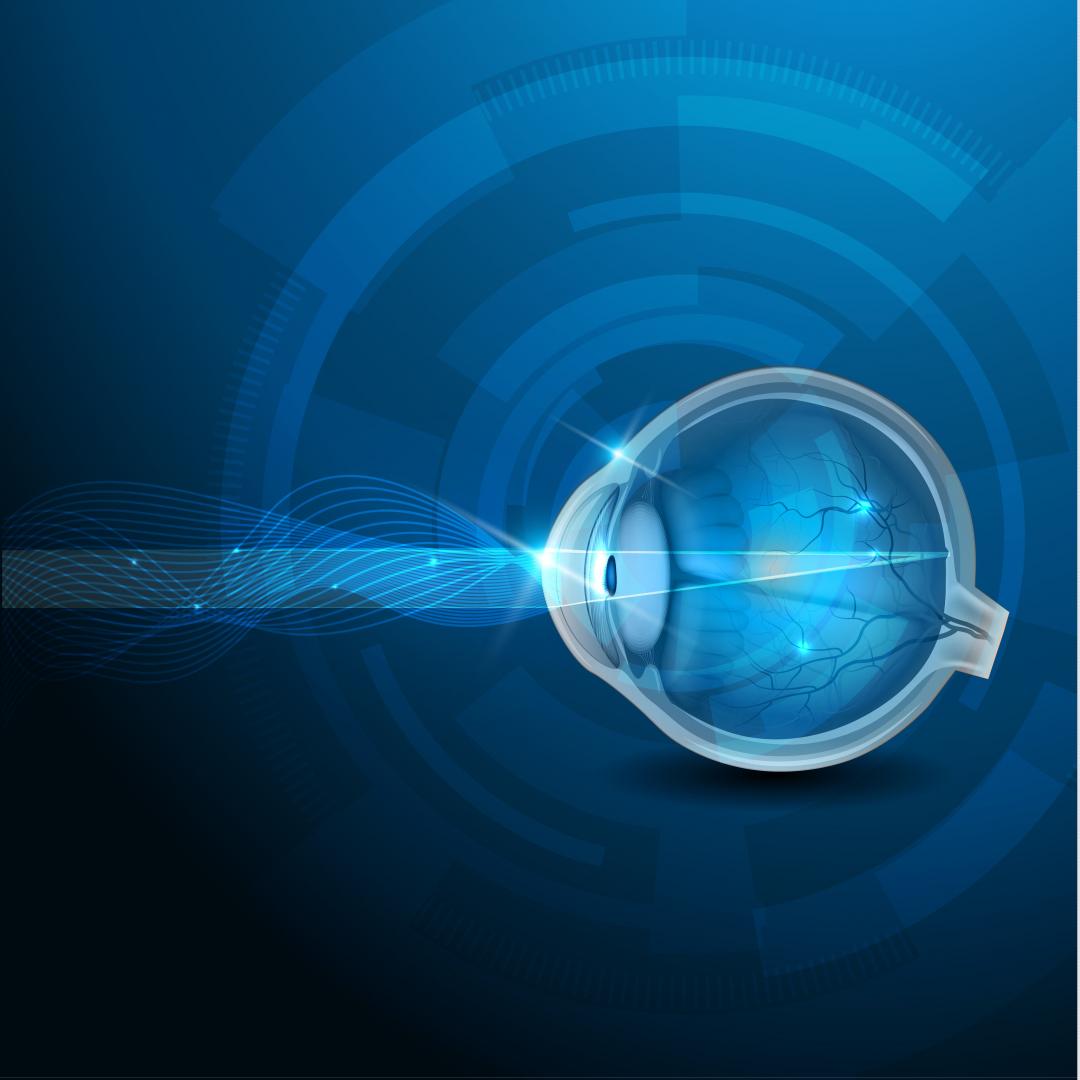
Prompt Treatment of Keratoconus
Prompt and effective treatment of Keratoconus is applied by the medical staff of EyeRobotica, using the latest technology in refractive surgery and cutting-edge equipment.
What is Keratoconus?
Keratoconus is a degenerative, non-inflammatory disorder of the central area of the cornea. It is a condition in which the normal structure-shaped cornea progressively thins, creating a cone-type cornea. The progressive thinning of the cornea affects the quality of vision. As a result of this distortion, irregular astigmatism and myopia may develop and vision is significantly decreased.
In the 85% of the cases the condition affects both eyes, but the development time may be different for each. Initially the treatment can be the correction of astigmatism or myopia with glasses or semi-hard contact lenses.
It has been found that Keratoconus affects about 50-230 in 100,000 people in the general population. It is considered a multifaceted disorder with unclear causes.
Symptoms
- reduction in visual acuity
- rapid development of astigmatism
- distorted vision at all distances
- poor night vision
- monocular diplopia
Diagnosis
The diagnosis of Keratoconus is made clinically and confirmed by imaging methods such as corneal topography (Pentacam – Placido).
Treatments
Glasses or contact lenses: used in the early stages of the disorder, mainly to restore refractive errors (e.g. myopia or irregular astigmatism). But while the disorder progresses, soon such means are proved ineffective. A high percentage of patients use semi-hard or hard semipermeable keratoconus lenses for years.
ICRS – Intrastromal Corneal Ring Segments: insertion of interlamellar corneal rings. This procedure enhances the structural integrity of the cornea (normalization topographic image), thereby preventing further vision decline of keratoconus eye.
Corneal Collagen Cross Linking (C3R/CXL): an innovative treatment with encouraging results using photosynthetic agents, such as riboflavin (vitamin B12) and ultraviolet UV-A (a special riboflavin solution is topically applied to the cornea followed by about 30 minutes of ultraviolet radiation which results in the creation of new bonds between collagen fibers contained in the cornea and an increase in endurance).
Corneal transplantation (keratoplasty) of partial or total thickness: applied in cases of keratoconus which are severe (when the cornea is torn and destroyed).





